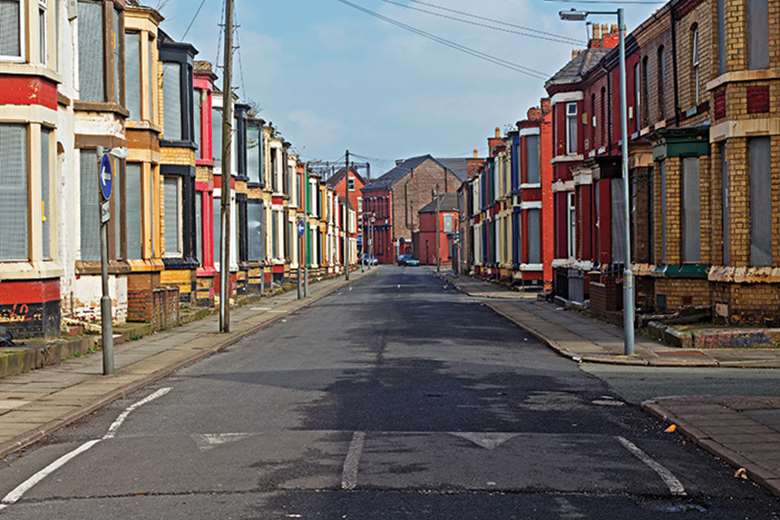Poverty a key factor in a third of serious case reviews
Fiona Simpson
Thursday, March 5, 2020
More than a third of serious case reviews submitted over three years cited poverty as a key factor leading to the abuse or death of a child, a new government review has found.

Between 1 April 2014 and 31 March 2017, there were 368 serious case reviews (SCRs) carried out by local safeguarding children boards.
Of these, 206 were carried out following the death of a child and 162 were carried out as a result of serious harm being inflicted on a child.
Analysis of 278 reports available from the 368 SCRs, commissioned by the Department for Education as part of Complexity and Challenge: a Triennial Analysis of SCRs, found that in 35 per cent of cases poverty or economic deprivation was noted as a feature.
Of 208 reports that noted neglect as a key factor, 39 per cent also said that those involved were classed as living in poverty.
The report states: “The majority of children living in poverty do not experience neglect, but where poverty and neglect co-exist, the adverse outcomes for children will, inevitably, be escalated.”
-
Help families in poverty trap
-
Analysis: Poverty, cuts and policy failures take toll on children's health
It says links between poverty, addiction and abuse or neglect “are complex and often interdependent”.
“Addressing a single issue will not deal with the underlying causes.
“Practitioners need to understand how poverty affects children and, through hearing their voices, seek to safeguard and improve the quality of their lives,” the report adds.
Poverty was noted as a key factor in a report into the death of a two-year-old girl, Cara, who had ingested 20ml of her mother’s methadone.
“Concerns over poverty and the state of the home had been identified some five years prior to the birth of Cara,” the report states.
It adds that in Cara’s case “the primary focus for agencies was to improve the physical conditions of the home and to ensure that the parents continued to attend their drug treatment programme.”
However, “the underlying causes of the family’s poverty and its relationship with parental drug addiction were not explored. Perhaps most significant was the lack of any exploration of the children’s experiences and how poverty impacted on their safety, health and overall development,” the report states.
The high proportion of cases citing poverty as a key factor indicates “poverty blindness” in the social care sector, it adds.
“Practitioners can become desensitised to the impact of poverty and accept lower standards for children and families,” according to the report, which calls for better implementation of reflective practice to “enable practitioners to identify poverty and work proactively with families to address its causes and consequences”.
In response, children’s social care leaders have urged the government to address increasing child poverty.
Jenny Coles, vice president of the Association of Directors of Children’s Services said: “The reviewers highlighted the complexity of children and families’ lives and poverty was a common feature, in terms of the stress and strain that deprivation places on adults and their parenting abilities. The numbers of children living in poverty continues to rise, these findings strengthen the need for a national child poverty reduction strategy.
Andrew Fellowes, NSPCC policy and public affairs manager, said: “This review exposes the appalling circumstances many children suffer day in, day out, often resulting in tragic consequences.
“The effects of domestic abuse, neglect and poor parental mental health are being intensified by poverty, but the corrosive impact it has on families is becoming increasingly normalised.
“Next week’s budget must address the funding shortfall facing children’s services and ensure the government’s promised children’s care review is a genuine opportunity to transform the system and not just an exercise in papering over the cracks.”
A recent report by Professor Sir Michael Marmot, one of the country's leading experts on health inequalities, found that around four million children are now living in poverty in England, more than at any time over the last decade.




